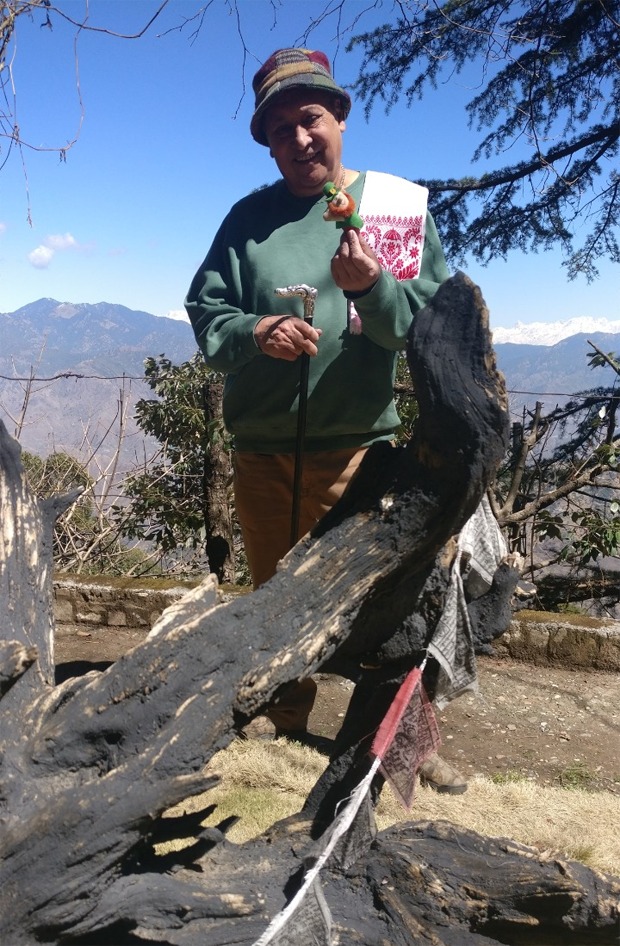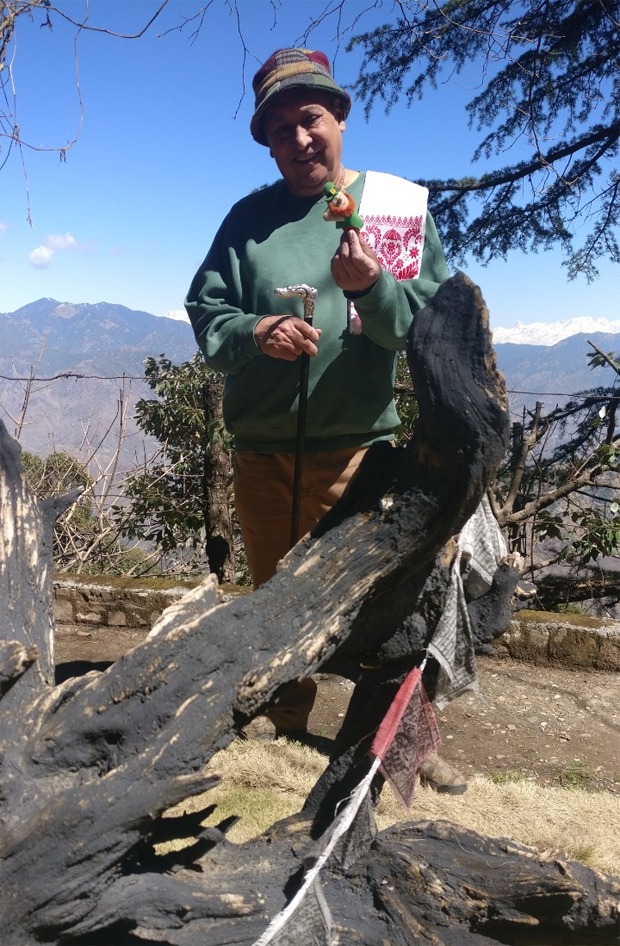The legendary Bengali actor Victor Bannerjee who has had the unique distinction of having worked with David Lean and Satyajit Ray, lives a socially distanced life in the Himalayas. It is hard to communicate with my friend Victor But I finally managed it. He sounded calm and peaceful. Says Victor, “I have lived in isolation and socially distanced, by choice, for almost 40 years in the foothills of the Himalaya. It's a luxury that everyone needs to treat themselves to from time to time. Sadly, it's been foisted upon everyone today because of mankind's complacency arrogance and carelessness.”

Victor is spending his time reading poetry. “It pampers me to the self-indulgence of contemplation. I don't watch films at the best of times so why should I at the worst of times? I love comedies and the more mindless and farcical they are, the easier they are for me to enjoy without being critical.” I tell him this is a time of self-contemplation. He agrees. “This, as you say, is a time for introspection and gazing at the replay of ads on television peddling upper class dreams to the poor whom we spend hours feeling sorry for these days who won't in lifetimes be able to purchase those cars, ridiculous whitening creams and deodorants that only superficially disguise the stench of sophisticated apathy.”
Victor confesses he’s eating more these days. “My wife has turned into a Michelin Star Chef. We are both incorrigible foodies and are exploring frontiers beyond your imagination. I won't tease your senses and palate with details.”
Victor’s advice to his fans and followers on how to cope with the crisis? “Learn to love being alone and respecting yourself for the qualities you have instead of comparing yourself with those whom you think are better off. Be content with what you have and remember the last lines of the shloka that Mahatma Gandhi said would survive till the end of time as an universal truth: "tena tyaktena bhunjitha: ma griddhah kasya svid dhanam".
Victor’s heart reaches out to daily wage earners. “If you delve into the tragedies that befell Bangladeshis in 1971, the Kashmiri Pandits in the 1990s, Rohingyas fleeing persecution two years ago, the East India Company's slave trade that sent thousands in trainloads of victims to serve as bonded labourers in plantations of Malaysia, East Africa and Assam where to this day they are labelled "Adivasis" whose eyes can't meet yours because they simply don't have the guts to look up, then the sight of homeless workers during lockdown, who quickly found food and shelter in the very States that have for decades been exploiting their hapless condition and that they were, therefore, compelled to run away from, is a pale comparison my friend. Nevertheless, I hope it serves as an eye-opener for us who pitilessly exploit such migrant workers, every day, in our cities and farms.”
